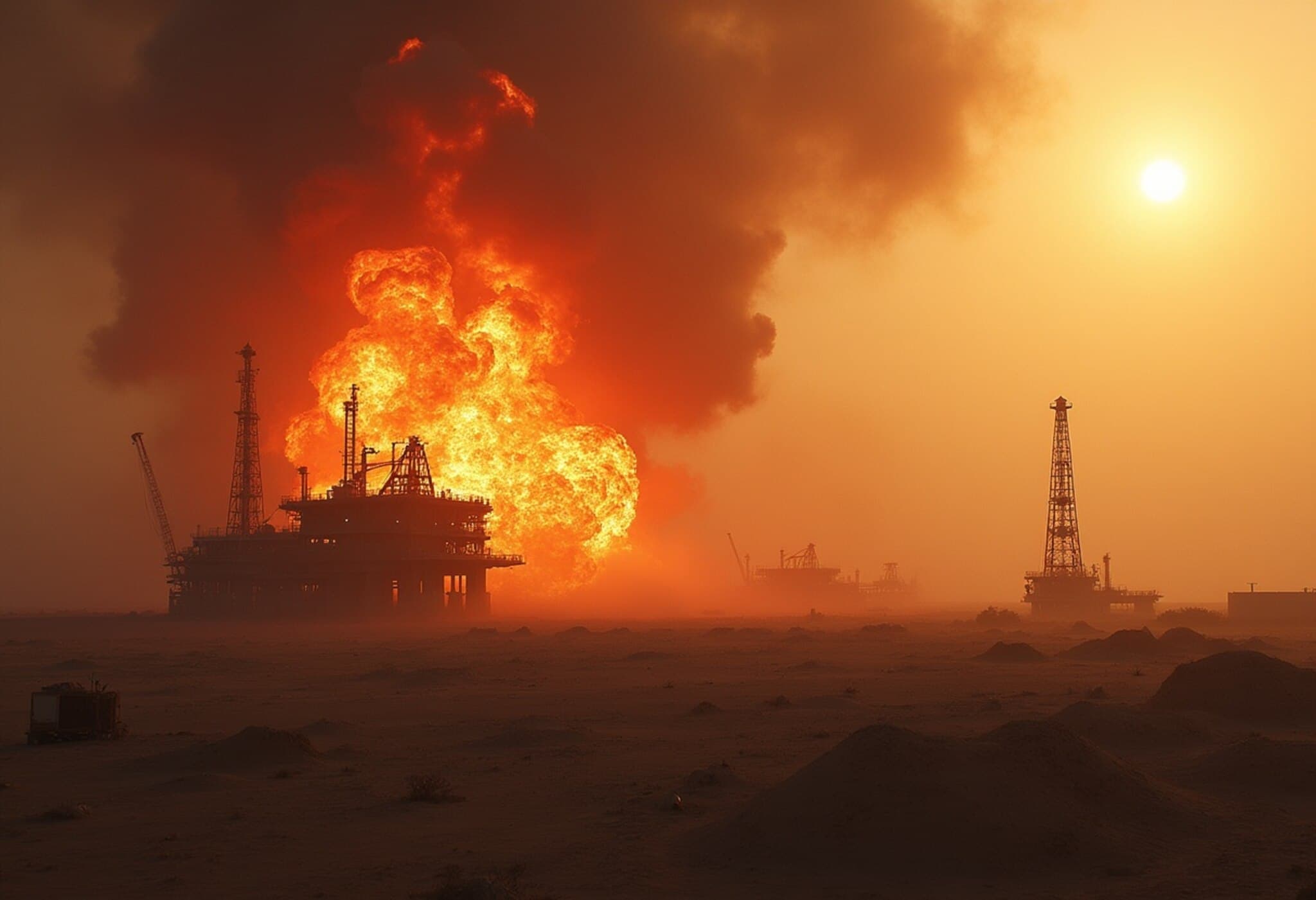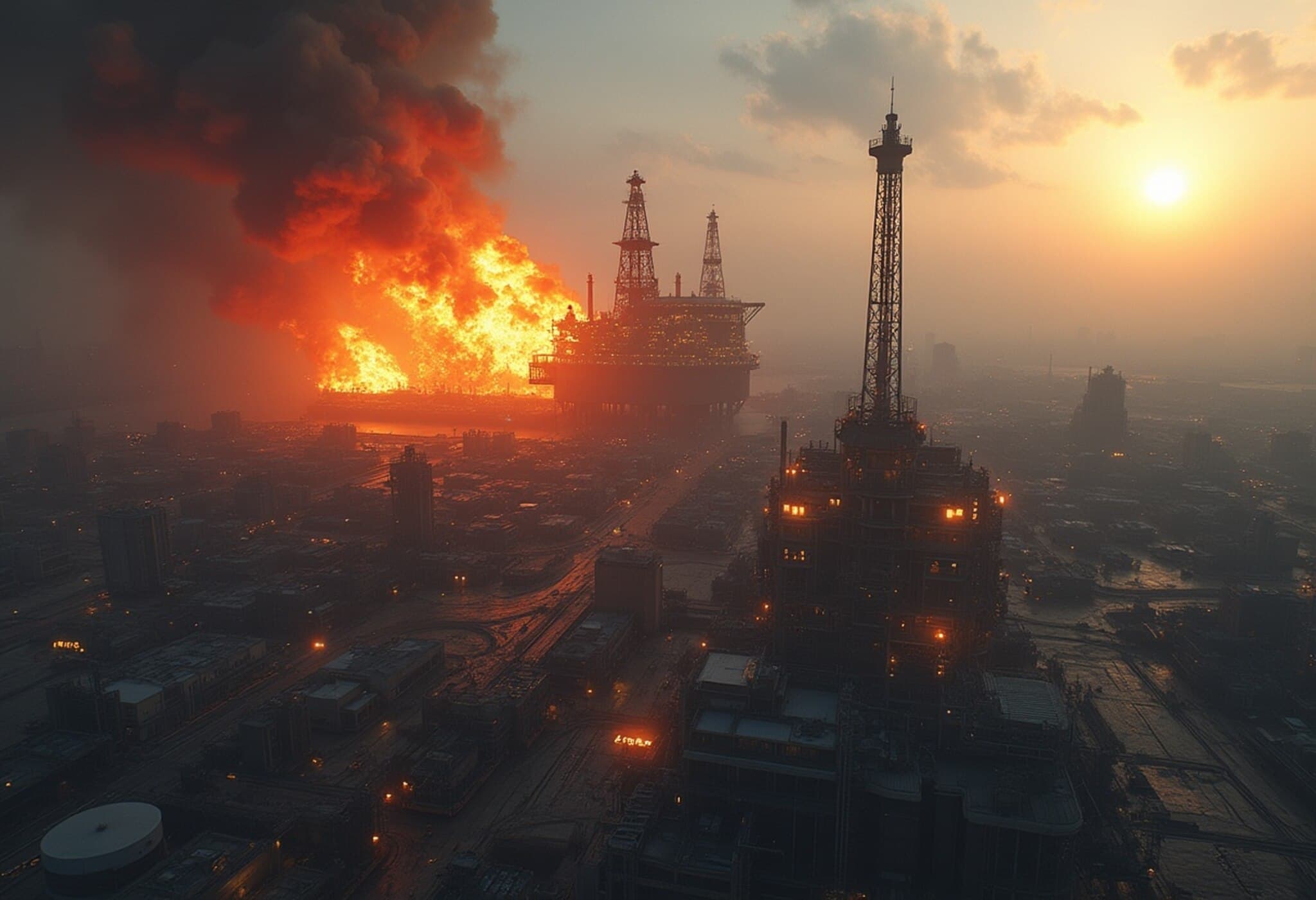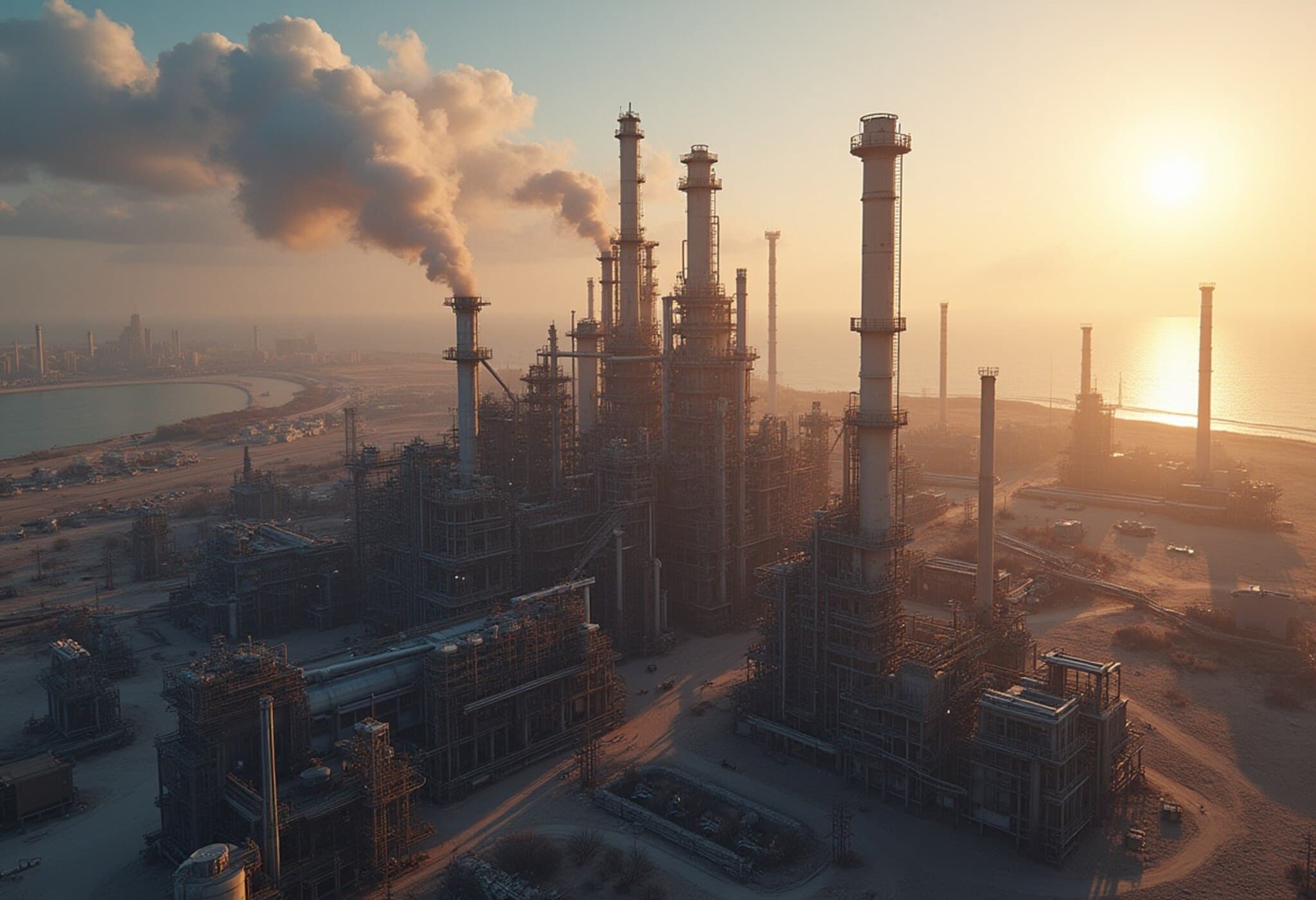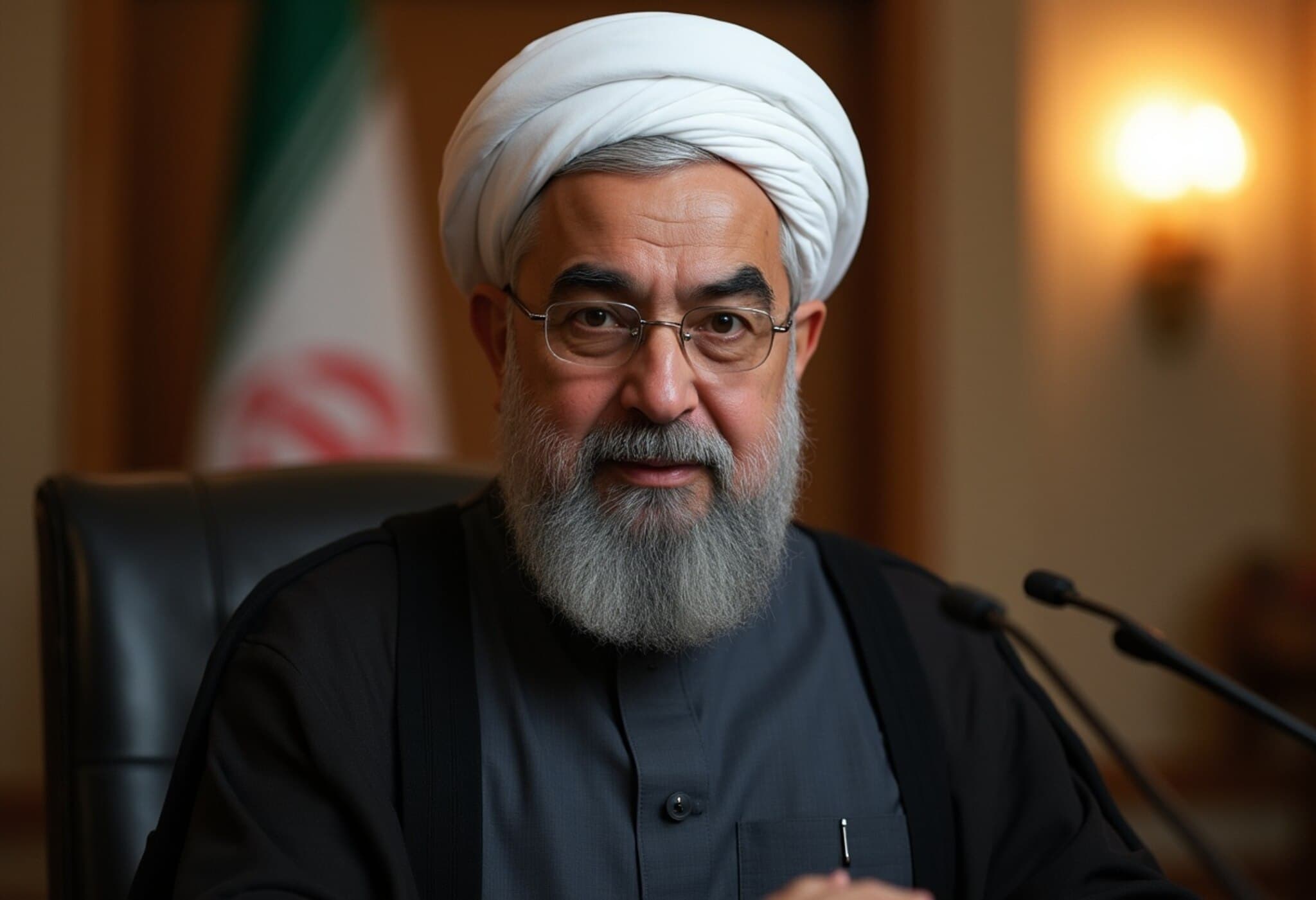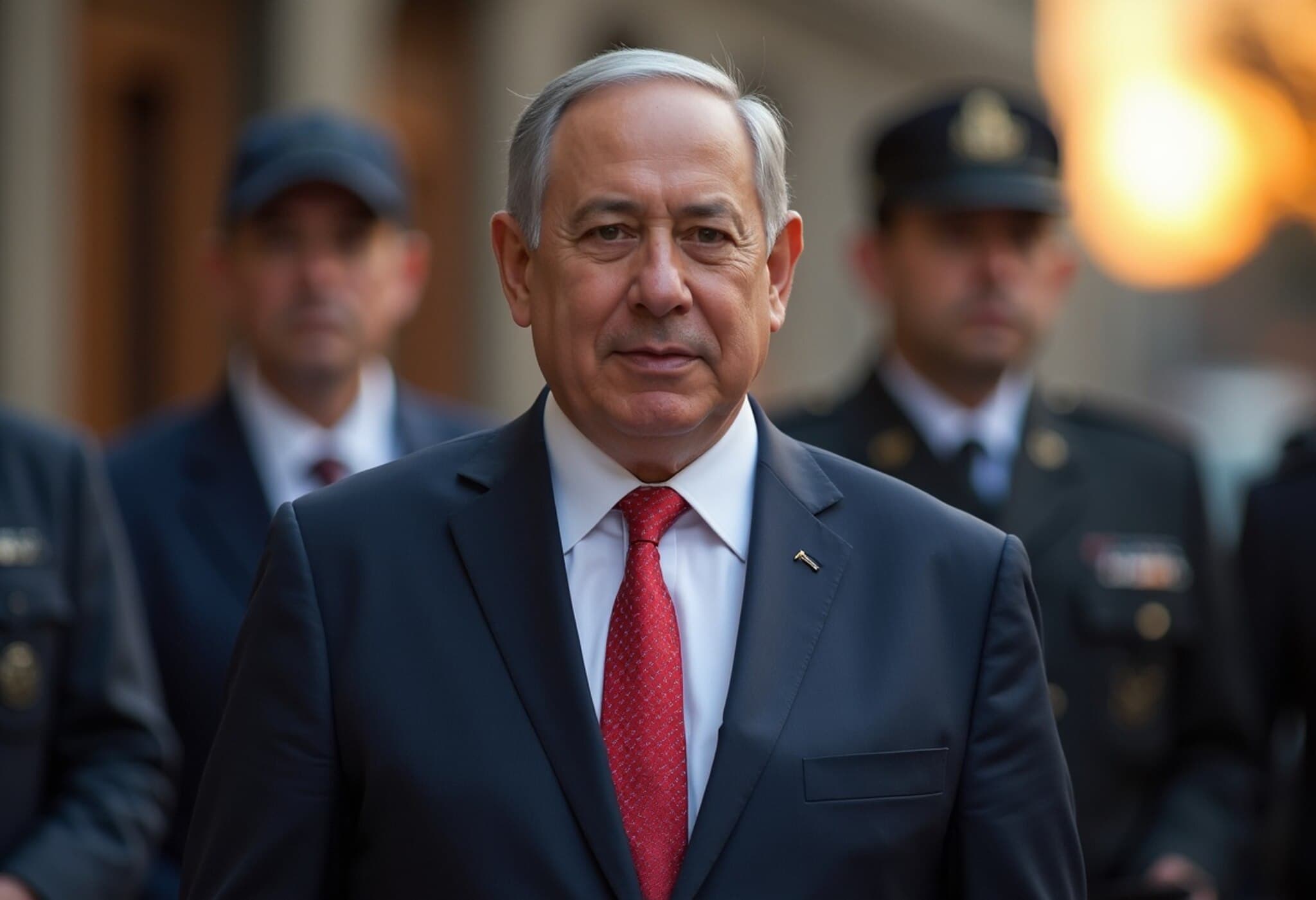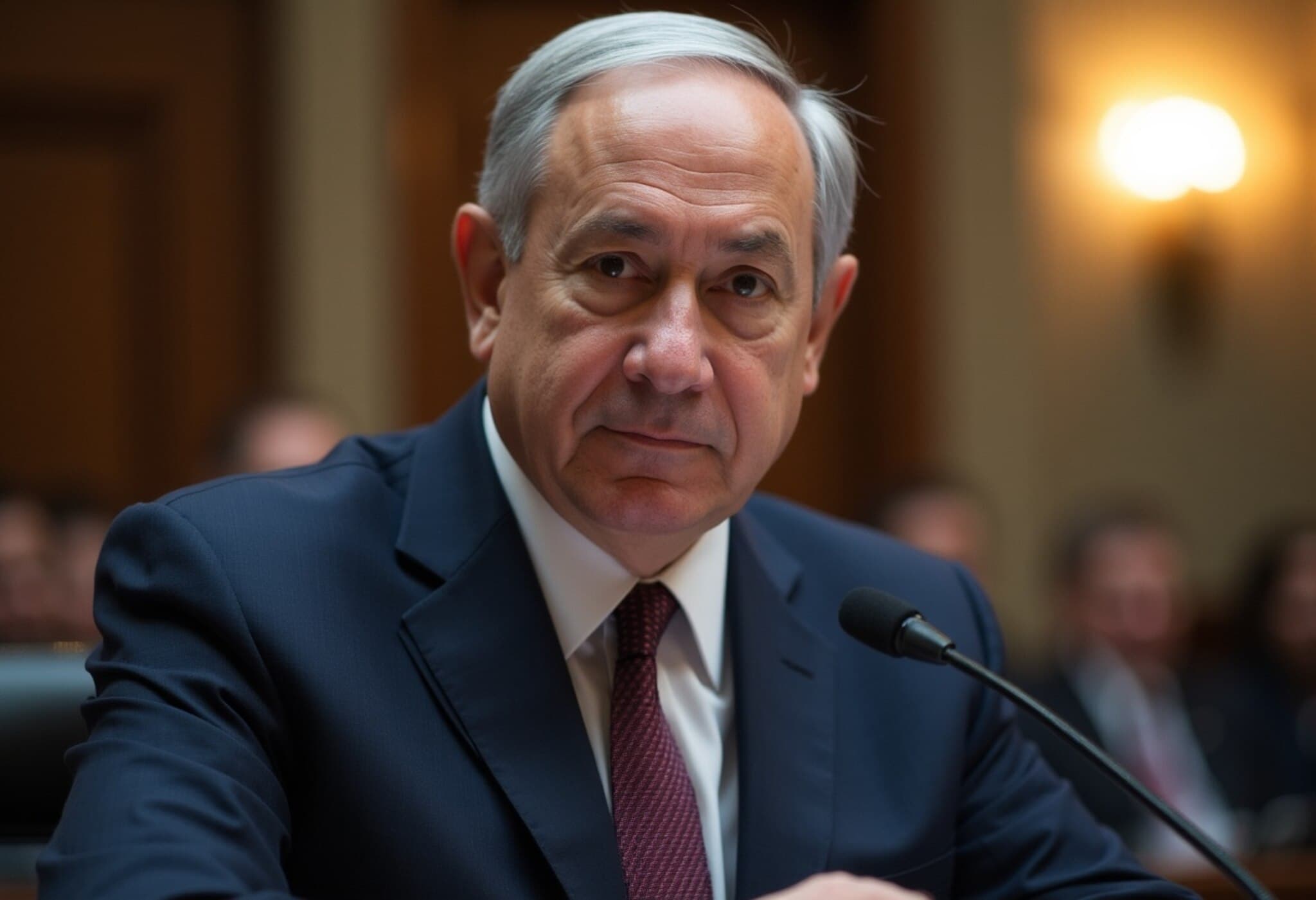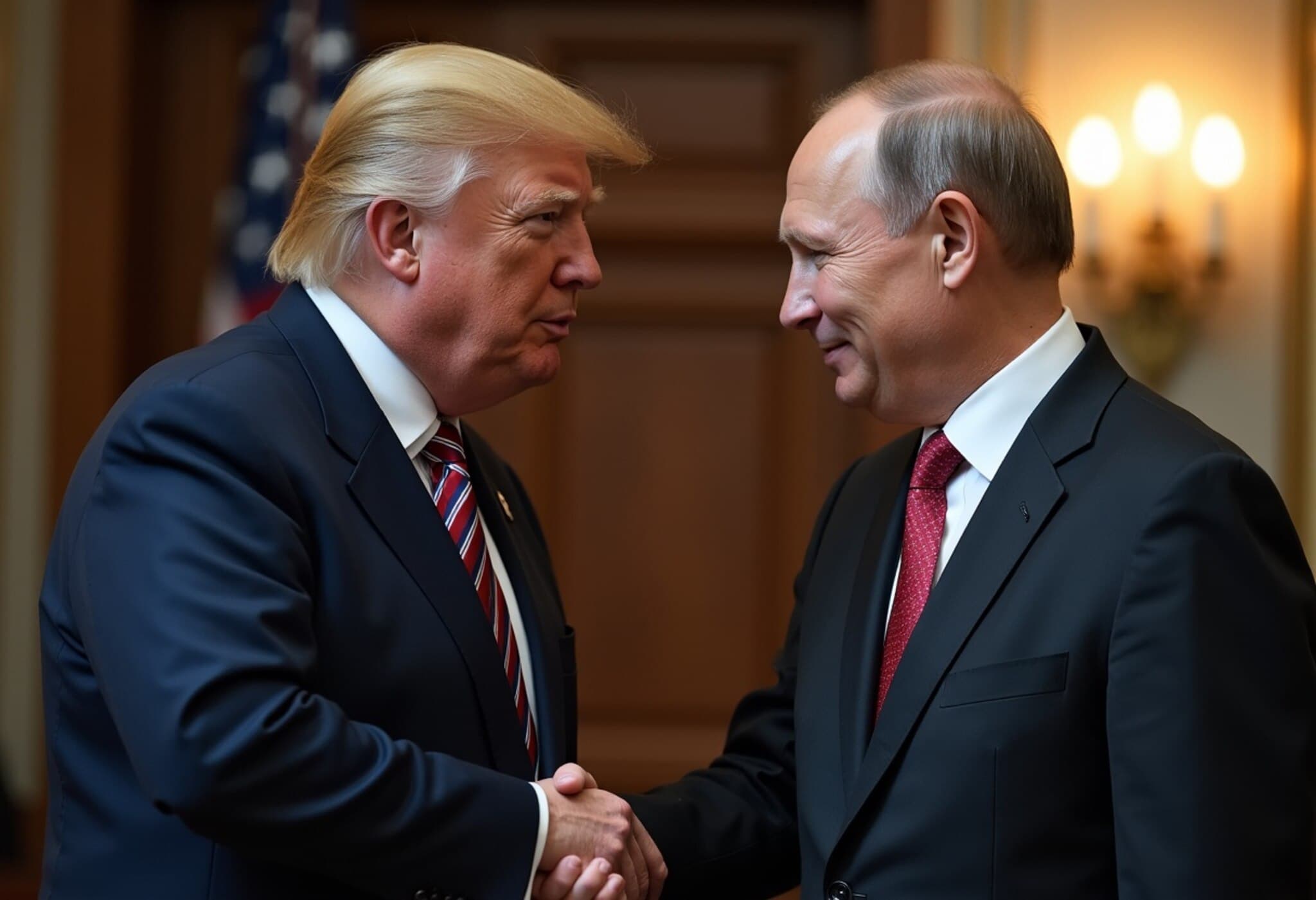Explosion Forces Shutdown at Strategic Sarsang Oilfield in Iraqi Kurdistan
An unexpected explosion on Tuesday morning has abruptly interrupted operations at the Sarsang oilfield, one of Iraqi Kurdistan’s key oil assets. According to firsthand accounts from two engineers involved in the field’s management, while there have been no casualties, the incident has prompted a precautionary suspension of all extraction activities.
Firefighters Continue Battle Against Blaze
Emergency response teams remain actively engaged in extinguishing the fire triggered by the blast, with containment operations ongoing at the site. The engineers, speaking exclusively to Reuters, emphasized the severity of the situation while confirming that safety protocols were successfully implemented to prevent injuries.
Implications for Regional Energy Supply
This disruption at Sarsang—an oilfield pivotal to the Kurdish region’s economy and the broader Iraqi oil export infrastructure—could ripple across local and international markets. Iraq remains one of the world's largest oil producers, and disturbances in Kurdistan’s production zones often translate into price volatility and supply chain uncertainty.
Contextualizing the Incident in Iraqi Kurdistan’s Energy Landscape
- Strategic Importance: The Sarsang oilfield contributes significantly to the Kurdistan Regional Government’s budget and economic autonomy.
- Security Challenges: Kurdish oil infrastructure has previously faced threats ranging from geopolitical tensions to sabotage, impacting consistent output.
- Emergency Preparedness: The rapid halt and absence of casualties reflect improved safety standards amid complex operational environments.
Expert Insight: What This Means for U.S. and Global Energy Stakeholders
Energy analyst Dr. Lara Michaels notes, "While the immediate human impact appears minimal, the halt in production at Sarsang underscores ongoing vulnerabilities in critical energy hubs. For U.S. policymakers focused on energy diversification and market stability, such incidents highlight the necessity of responsive strategies that incorporate geopolitical risk with energy security planning."
Questions Left Unanswered
As investigations proceed, pressing questions remain: What caused the explosion? Will repairs and production resumption face delays due to security or technical complexities? And how will this event affect Kurdish relations with Baghdad and international oil buyers?
Looking Ahead: Monitoring Recovery and Market Effects
Stakeholders from Kurdish officials to global energy firms will be watching closely as firefighting efforts conclude and repair assessments begin. Transparency in updates and collaborative safety reviews will be crucial to restoring confidence and ensuring sustainable operations moving forward.
Editor’s Note
This incident at the Sarsang oilfield offers more than a snapshot of a technical hazard; it highlights the fragile nexus of energy production, regional politics, and global markets. Readers should consider the complex ecosystem where Kurdish oil plays a vital role—not just economically but as a geopolitical lever. Understanding underlying vulnerabilities and responses to such emergencies is key to grasping future energy trends and policy decisions impacting the U.S. and beyond.

